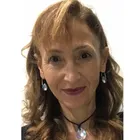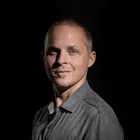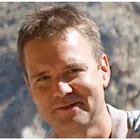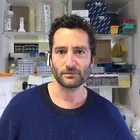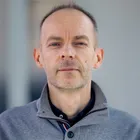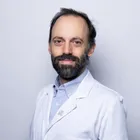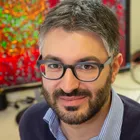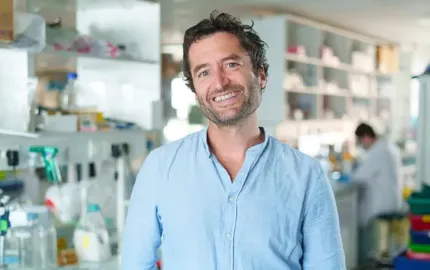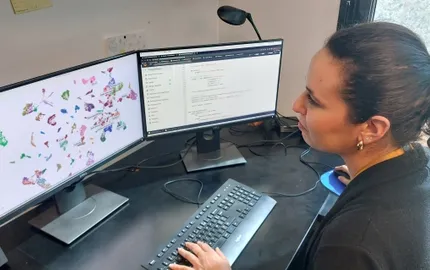- Home >
- Units research >
- Chemical Biology of Cancer (U1339 / UMR3666)
Presentation

The "Chemical Biology of Cancer" Unit, headed by Dr. Fatima Mechta-Grigoriou, is a multidisciplinary research project initiated and strongly supported by Prof. Alain Puisieux, in close collaboration with Inserm's Thematic Institute for Cancer. The «Chem Biol Cancer» Unit is presented as one of the main scientific program for the coming years at Institut Curie and Inserm.
The primary objective of the «Chem Biol Cancer» Unit is to create an environment of complementary and interdisciplinary expertise in Biology, Chemistry, and Medicine. The «Chem Biol Cancer» Unit aims, on the one hand, to dissect tumor heterogeneity and dynamics and identify new tumor and microenvironment vulnerability points through its biological research, and on the other hand, to analyze biological processes and enable the development of innovative therapies through its chemical contributions. This is developed in close collaboration with clinicians who are integrated in the «Chem Biol Cancer» teams.

Under the joint supervision of Institut Curie, Inserm, and INC CNRS, the «Chem Biol Cancer» unit will bring together different teams with complementary expertise led by F. Mechta-Grigoriou (heterogeneity of tumor cells and its microenvironment, metabolism, treatment resistance, tumor-on-chip), L. Johannes (chemical glycobiology, endocytic trafficking and therapeutic delivery), R. Rodriguez (chemistry, cell biology, metabolism, epigenetics, biomedicine), C. Lamaze (mechanobiology, endocytosis and signaling), M. Rodrigues (DNA repair, cancer susceptibility genes and clinical practice), R. Ceccaldi (genome instability, DNA repair and drug resistance), G. Seano (intercellular crosstalk and drug resistance mechanisms), A. Gautier (Chemogenetics, protein engineering, cell imaging) and the SAIRPICO Project team animated by C. Kervrann (computational biology and image analysis).
The «Chem Biol Cancer» Unit benefits from longstanding and fruitful collaborations with clinicians, participating directly to our Unit, including Dr. M. Rodrigues (Interface Inserm laureate), Pr. A. Vincent-Salomon (Director of the “Women Cancer Institute”), Pr. G. Zalcman (PU-PH Head of the oncology thoracic department at Bichat hospital), Dr. S. Watson and Dr. L. Djerroudi (both PH at Institut Curie). In the context of the «Chem Biol Cancer» Unit, we explore the efficacy of new therapeutic strategies using models developed by our teams (Tumor-on-chips, organoids, primary cells isolated from human cancer samples) for still unmet medical needs, i.e., triple-negative breast cancer (A. Vincent-Salomon, FC Bidard), ovarian cancer (A. Vincent-Salomon, M. Rodrigues), uveal melanoma (M. Rodrigues), sarcoma (S. Watson), glioblastoma (G. Seano)and lung (G. Zalcman).

publications, including 99 with an impact factor above 10, published in internationally renowned journals such as Nature, Nature Chemistry, Cancer Cell, Cancer Discovery, Cell Metabolism, Nature Cancer, and Nature Cell Biology.
patents
PhD students enrolled in doctoral program in 2025
post-doctoral in 2025
nationalities


